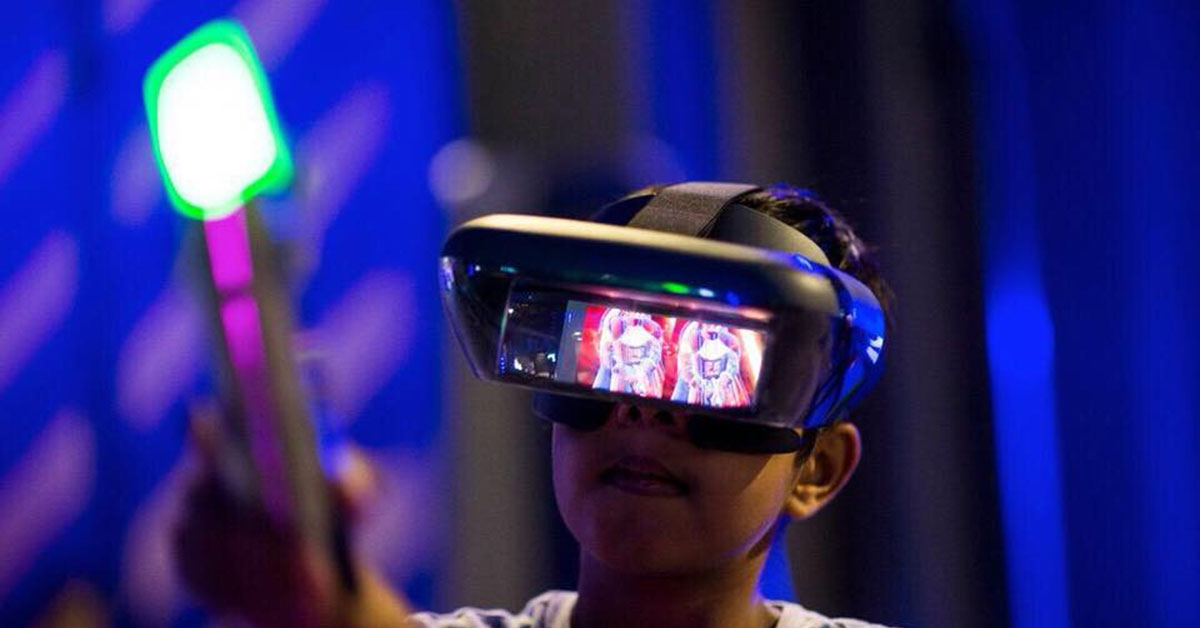
"Entertainment technology" encompasses a broad range of tools, equipment, and innovations used in the entertainment industry to enhance and deliver various forms of entertainment, such as music, movies, video games, sports, live performances, and more. It plays a crucial role in creating immersive and engaging experiences for audiences. Here are some key aspects of entertainment technology:
These platforms allow users to access a vast library of movies, TV shows, music, and other content on-demand. Examples include Netflix, Amazon Prime Video, Spotify, and Apple Music.
VR technology provides immersive 3D experiences, often used in gaming and simulations. AR overlays digital information onto the real world, enhancing live experiences and applications like Pokémon Go.
Gaming technology includes gaming consoles, PCs, mobile devices, and a wide range of peripherals to create interactive and visually impressive gaming experiences.
This involves technologies used in the film industry, such as 3D, IMAX, advanced audio systems (e.g., Dolby Atmos), and digital projection.
The production of live events, including concerts, theater performances, and sports events, relies on high-tech sound systems, lighting, and projection equipment.
Home theaters with high-definition televisions, surround sound systems, and streaming devices bring cinematic experiences into people's homes.
Platforms like YouTube and social media enable user-generated content and influencer-driven entertainment. Podcasting technology allows for the creation and distribution of audio content.
This includes visual effects (VFX) and CGI used in movies and TV shows, as well as animation studios that create animated films and series.
Digital audio workstations (DAWs), synthesizers, MIDI controllers, and other tools are used to create, record, and produce music.
High-performance gaming controllers, gaming keyboards, mice, and virtual reality accessories enhance the gaming experience.
Entertainment technology continues to evolve rapidly, offering new ways to engage with content and creating opportunities for innovation and creativity...

It has a significant impact on the convergence of entertainment and technology, blurring the lines between traditional forms of entertainment and digital experiences...